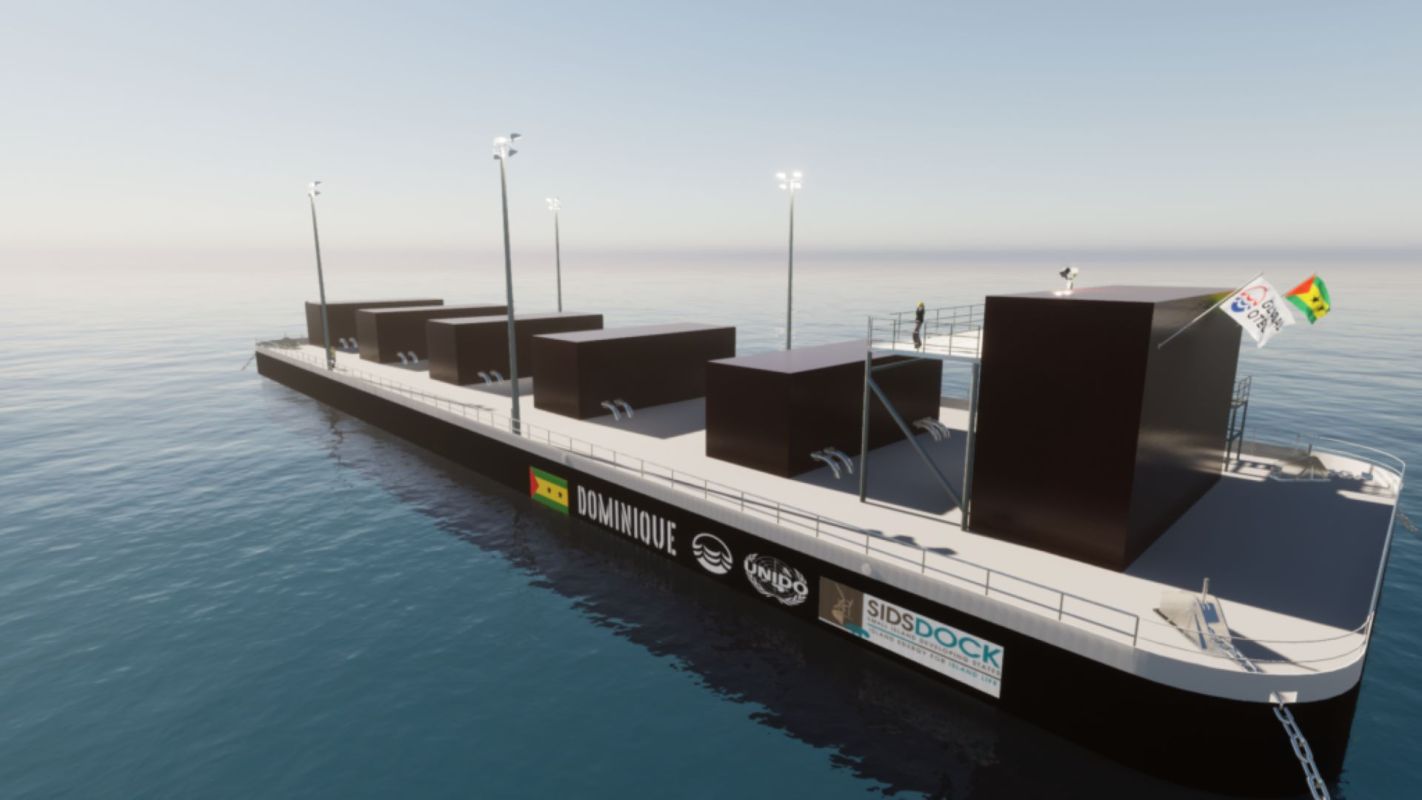A startup intends to bring one vision of a French physicist to life in its quest to assist countries more vulnerable to the effects of rising global temperatures. The "Dominique" project received approval in June to leverage 140-year-old ocean thermal energy conversion (OTEC) technology to make sustainable energy a reality for São Tomé and Príncipe, an island country off the coast of western Africa, as Interesting Engineering detailed in a February exploration of the attempts to revive the tech.
"Although OTEC is not a new technology, it has been forgotten in the renewable energy mix over the years," Dan Grech, the founder and CEO of Global OTEC — the England-based company that will be installing the technology — told Interesting Engineering.
While wind and solar power are viable options for many regions, the outlet noted that "isolation and limited land area" make implementing a clean-energy grid a unique challenge on many islands.
To solve this, the Dominique project has commissioned a floating unit that generates electricity with ocean thermal energy conversion (OTEC), an idea rooted in the musings of Jacques Arsene d'Arsonval back in 1881.
The overall project is expected to have a capacity of 10 megawatts, according to reporting by Interesting Engineering. This would eliminate the planet-warming pollution that would otherwise be created by the burning of more than 138,000 barrels of oil each year, as well as the need for expensive dirty-energy imports.
"We are on a mission to rid tropical islands of diesel generators," Grech said.
As detailed by Global OTEC, which was founded in 2017, São Tomé and Príncipe is an ideal candidate because it lies near the Equator, where the ocean temperature difference is at least 36 degrees Fahrenheit all year.
This range allows energy to be produced year-round through a warming and cooling cycle. The warm surface waters are transformed into a "hot vapor" that powers a turbine, while deeper cold waters enable the vapor to turn back into a liquid so that the process can repeat itself.
Global OTEC's floating contraption is also expected to reduce construction costs and any negative environmental impact, as fewer pipes will need to be laid underwater, as reported by Interesting Engineering.
Additionally, the design vitally makes the system more energy-efficient — an issue that the Tokyo Electric Power Company ran into with an OTEC project back in 1981, when a plant generating 120 kilowatts of energy required 90 of those kilowatts just to function, as Interesting Engineering reported.
Meanwhile, the steel hull of the barge will ensure the technology is efficiently using limited space and is better protected against the elements.
Installation is expected to begin in 2025, and ultimately, more units could be on the way for other nations.
"Dominique marks the beginning of a renewable transition, providing tropical islands access to clean, affordable, and reliable electricity," Grech told Interesting Engineering.
Join our free newsletter for weekly updates on the coolest innovations improving our lives and saving our planet.









